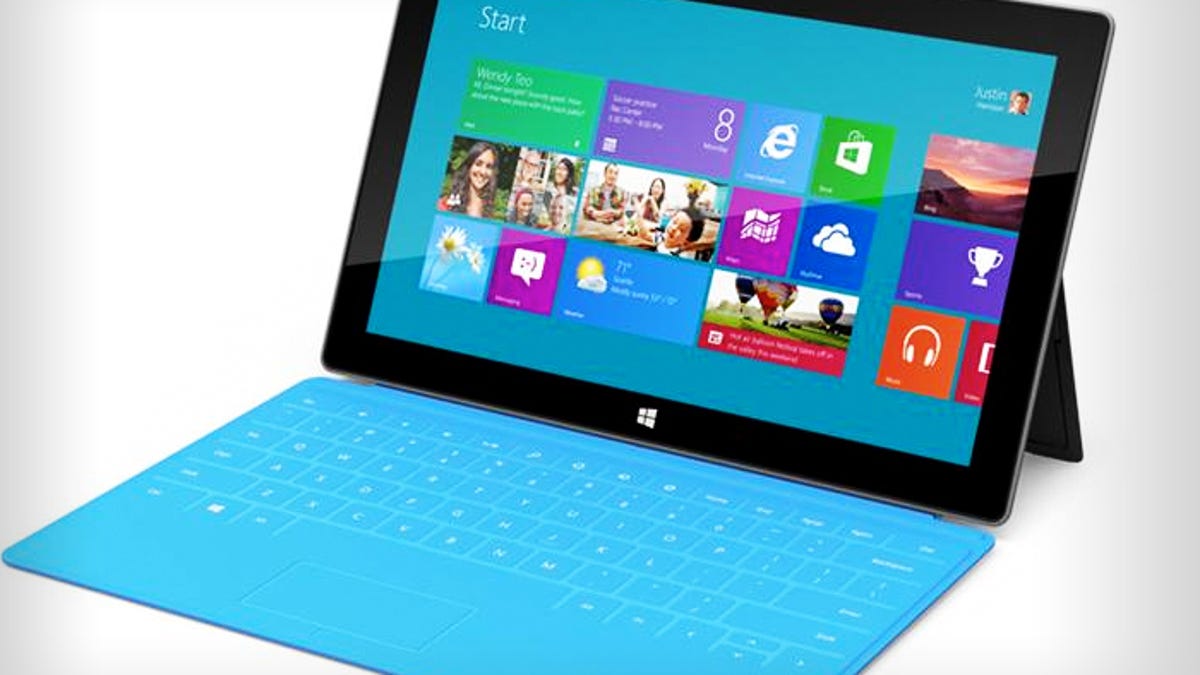New mobile-focused Windows could last 20-30 years -- Gartner
The tech-research company says Windows 8 marks the beginning of a new era -- i.e., Microsoft's big switch to focus on mobile devices such as tablets.

Microsoft's new programming model WinRT -- showcased by the new Windows 8 -- is designed to keep Microsoft relevant in the increasingly mobile world, analysts from research firm Gartner said in a statement today.
"Windows 8 is the start of Microsoft's effort to respond to market demands and competitors, as it provides a common interface and programming API (application programing interface) set from phones to servers," Michael Silver, vice president and analyst at Gartner, said in a press release.
Gartner's analysts, who recently released a report on the changes to Windows, said enterprises will take about 10 years to fully move from WinNT to WinRT, but if it's successful, WinRT will be the face of Windows for the next 20 to 30 years.
WinRT, which is short for Windows Runtime, is the collection of application programming interfaces (APIs) that support Metro, the new user interface for Windows 8. It simplifies programming for developers. (And it's not to be confused with Windows RT -- yes, they're different, see the second question and answer in this FAQ.)
There's been plenty of buzz around Windows 8 recently, particularly with Microsoft's announcement of its new Surface tablet. Despite skepticism around when the new operating system will actually debutand how good it will be, the tablet seems to have put a positive spotlight on Microsoft's late, and necessary, move to a fully mobile focus.
Steve Kleynhans, vice president for client and mobile computing at Gartner, called Windows 8 a "technology shift."
"The user computing world is changing. PCs, although still critical components of the computing landscape, are no longer the only devices for delivering services and applications to users. Smartphones and tablets are fulfilling the role of the primary device for an increasing group of users, and most of these devices are from vendors other than Microsoft," Kleynhans said in the release. "In this environment, Microsoft needs to move to a platform that enables a new type of application and embraces new types of user experiences. Microsoft is responding to competitive pressures that have made it rethink not only how its products should look, but also how they should be architected for security and manageability."
Silver said Microsoft will continue to support applications created for the older operating system model but will encourage developers to create "more manageable and engaging" applications using WinRT.

